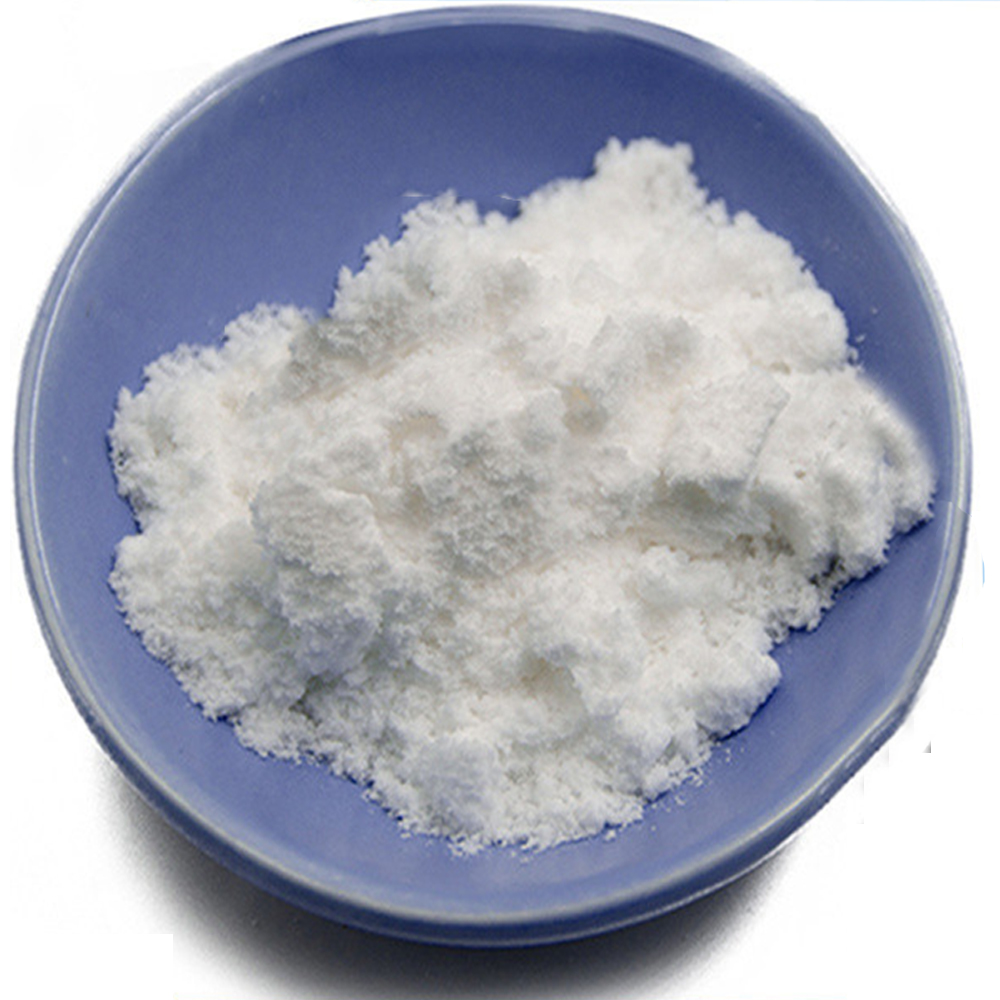



pool water purification
The Importance of Pool Water Purification
Maintaining a clean and safe swimming environment is paramount for any pool owner. One of the most critical aspects of pool maintenance is effective water purification. Pool water purification ensures that the water is free from contaminants, pathogens, and debris, making it safe and pleasant for swimmers. This article will explore the significance of pool water purification, the common purification methods, and tips for maintaining optimal water quality.
Swimming pools are not just venues for relaxation and enjoyment; they are also hotspots for bacterial growth and algae development. When pools are not adequately purified, they can become breeding grounds for harmful microorganisms, leading to potential health risks such as skin infections, gastrointestinal issues, and respiratory problems. Proper water purification is essential to prevent these hazards and foster a safe swimming environment for families and guests.
There are several methods of pool water purification, each with its own advantages and limitations. The most common purification method is chlorination. Chlorine is a powerful disinfectant that effectively kills bacteria and controls algae growth. When chlorine is added to pool water, it forms hypochlorous acid, which is lethal to most harmful organisms. However, it is important to regularly monitor chlorine levels to ensure they remain within the recommended range of 1 to 3 parts per million (ppm). Over-chlorination can lead to irritations for swimmers, while under-chlorination can compromise water safety.
pool water purification

Another popular method of pool water purification is the use of ultraviolet (UV) light. UV purification systems utilize UV lamps to irradiate the water as it passes through the filtration system. This process effectively neutralizes microorganisms without introducing chemical disinfectants into the water. UV systems work synergistically with chlorination, enhancing overall water quality and reducing the required chlorine levels. This method is particularly appealing to swimmers who prefer a chemical-free swimming experience.
Ozonation is also worth considering as a water purification method. Ozone, a powerful oxidizing agent, can be generated and used in pools to destroy bacteria, viruses, and organic contaminants. Ozone systems significantly reduce the need for chlorine and can improve water clarity and quality. However, they often require a backup chlorine system to ensure residual sanitation.
In addition to employing these purification methods, routine maintenance practices are essential for optimal water quality. Regularly checking and balancing pH levels, keeping the pool clean of debris, and ensuring proper circulation are critical factors in effective water purification. It is recommended that pool owners test the water at least once a week and adjust the chemical levels accordingly. Additionally, investing in a quality pool filter will help remove larger particles and sediment, keeping the water clean and clear.
In conclusion, pool water purification is vital for ensuring a safe and enjoyable swimming experience. By employing effective methods like chlorination, UV disinfection, or ozonation, and adhering to proper maintenance practices, pool owners can achieve excellent water quality. Regular monitoring and maintenance not only protect swimmers from health risks but also enhance the longevity of the pool itself. A well-purified pool is not just about aesthetics; it's about creating a clean, safe environment that invites relaxation and enjoyment for everyone.
-
Why Sodium Persulfate Is Everywhere NowNewsJul.07,2025
-
Why Polyacrylamide Is in High DemandNewsJul.07,2025
-
Understanding Paint Chemicals and Their ApplicationsNewsJul.07,2025
-
Smart Use Of Mining ChemicalsNewsJul.07,2025
-
Practical Uses of Potassium MonopersulfateNewsJul.07,2025
-
Agrochemicals In Real FarmingNewsJul.07,2025
-
Sodium Chlorite Hot UsesNewsJul.01,2025










